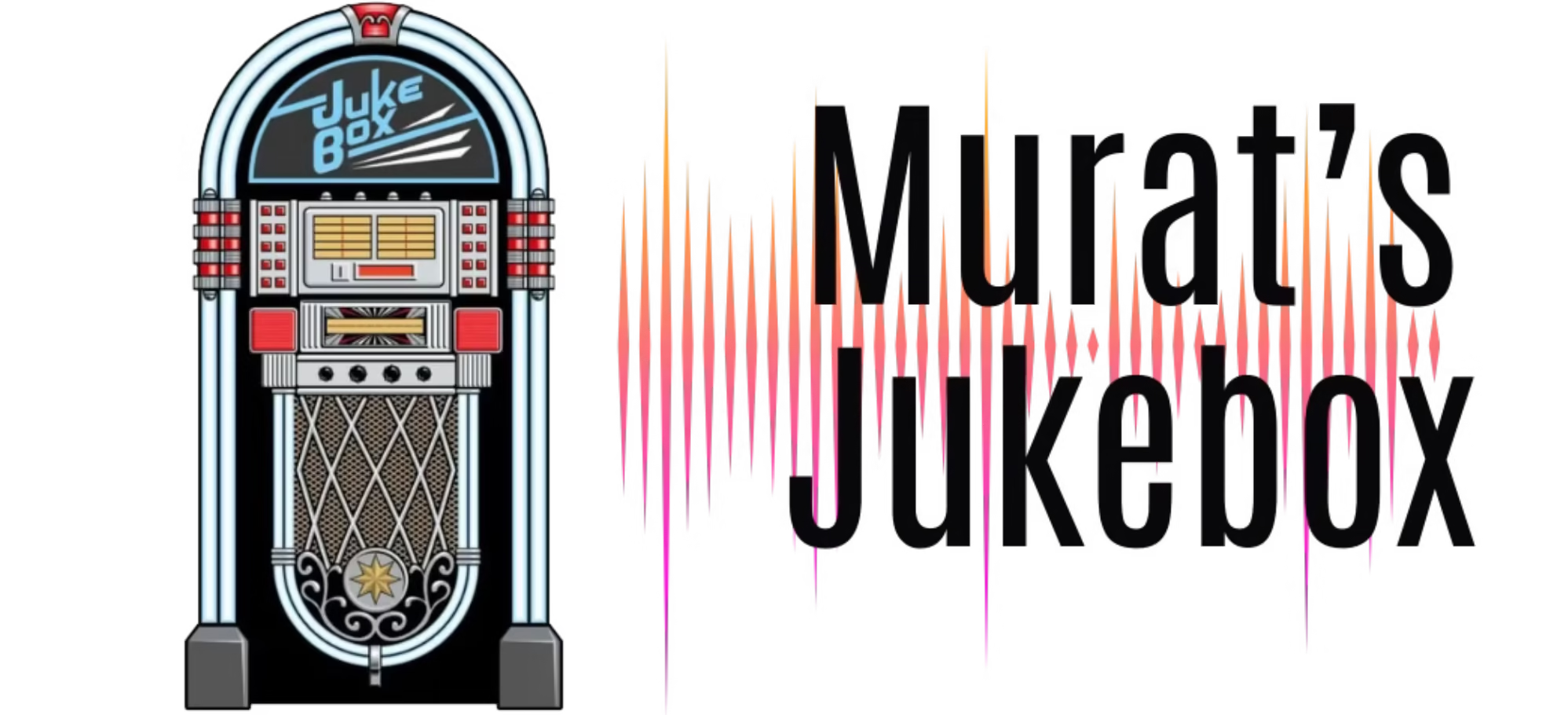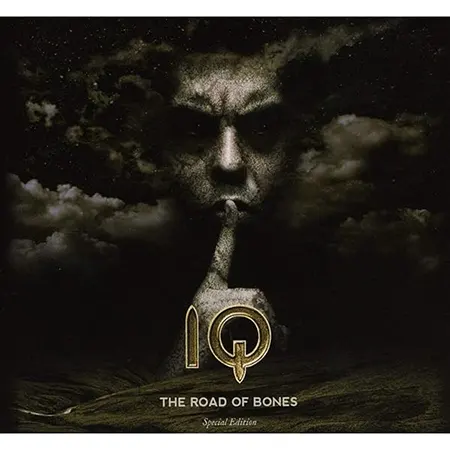IQ: British Progressive Rock’s Enduring Neo-Prog Icons
IQ. Formation and Early Years
IQ was formed in 1981 in Southgate, London, emerging during the resurgence of in the early , a movement often referred to as Neo-Prog. The band was influenced by pioneers like , , and , blending classic progressive rock elements with modern sensibilities.
The founding lineup consisted of:
- Peter Nicholls – vocals
- Mike Holmes – guitar
- Martin Orford – keyboards
- Tim Esau – bass
- Paul Cook – drums
IQ quickly gained recognition for their ambitious compositions and theatrical live shows.
IQ. Musical Style and Characteristics
IQ’s sound is characterized by:
- Complex, layered arrangements drawing from 1970s prog rock traditions
- A mix of melodic vocals and dramatic storytelling lyrics
- Rich keyboard textures, often with Mellotron and synthesizers
- Guitar work that balances both atmospheric soundscapes and intricate solos
- Conceptual albums often exploring psychological and existential themes
IQ blends emotional depth with technical proficiency, offering a contemporary take on classic prog rock.
IQ. Key Albums and Career Highlights
Tales from the Lush Attic (1983)
IQ’s debut album introduced their blend of sweeping progressive rock with an energetic edge. It received praise for its ambitious songwriting and has since become a cult classic.
The Wake (1985)
Considered one of their masterpieces, The Wake expanded their sound with darker tones and more complex structures, gaining acclaim in the prog community.
Nomzamo (1987)
This album marked a stylistic shift toward a more accessible, rock-oriented sound, which received mixed reviews but showed the band’s versatility.
Ever (1993) and The Seventh House (1999)
These albums saw IQ return to their progressive roots with lush arrangements, intricate storytelling, and refined musicianship.
Frequency (2009) and The Road of Bones (2014)
In the 2000s and beyond, IQ continued to release highly regarded albums that retained the spirit of neo-progressive rock, combining modern production with classic influences.
IQ. Live Performances and Fanbase
IQ is renowned for their passionate and theatrical live shows, often featuring dramatic lighting and visuals that enhance their storytelling. Their dedicated fanbase, particularly in Europe and North America, has supported the band for decades through consistent touring and festival appearances.
IQ. Legacy and Influence
- IQ helped define the genre in the 1980s, influencing a generation of progressive bands.
- Their albums are considered essential listening for fans of melodic yet complex prog rock.
- Peter Nicholls’ distinctive, emotive vocal style and poetic lyrics have set them apart from contemporaries.
- IQ’s perseverance and consistent output have earned them respect as stalwarts of the progressive rock revival.
Interesting Facts
- Peter Nicholls left the band after the debut but returned in the late 1980s, bringing renewed energy.
- The band’s name, IQ, reflects their intellectual and intricate approach to music.
- IQ frequently incorporates literary and philosophical themes into their lyrics, adding layers of meaning.
- Despite never achieving mainstream chart success, they maintain a loyal global fanbase.
Select Discography
- Tales from the Lush Attic (1983)
- The Wake (1985)
- Nomzamo (1987)
- Are You Sitting Comfortably? (1989) – live album
- Ever (1993)
- The Seventh House (1999)
- Dark Matter (2004)
- Frequency (2009)
- The Road of Bones (2014)
- Resistance (2019)
- Frequency (2020)
- Dominion (2025)
IQ remains a vital force in progressive rock, blending intellectual depth with passionate performance to keep the spirit of classic prog alive for modern audiences.





